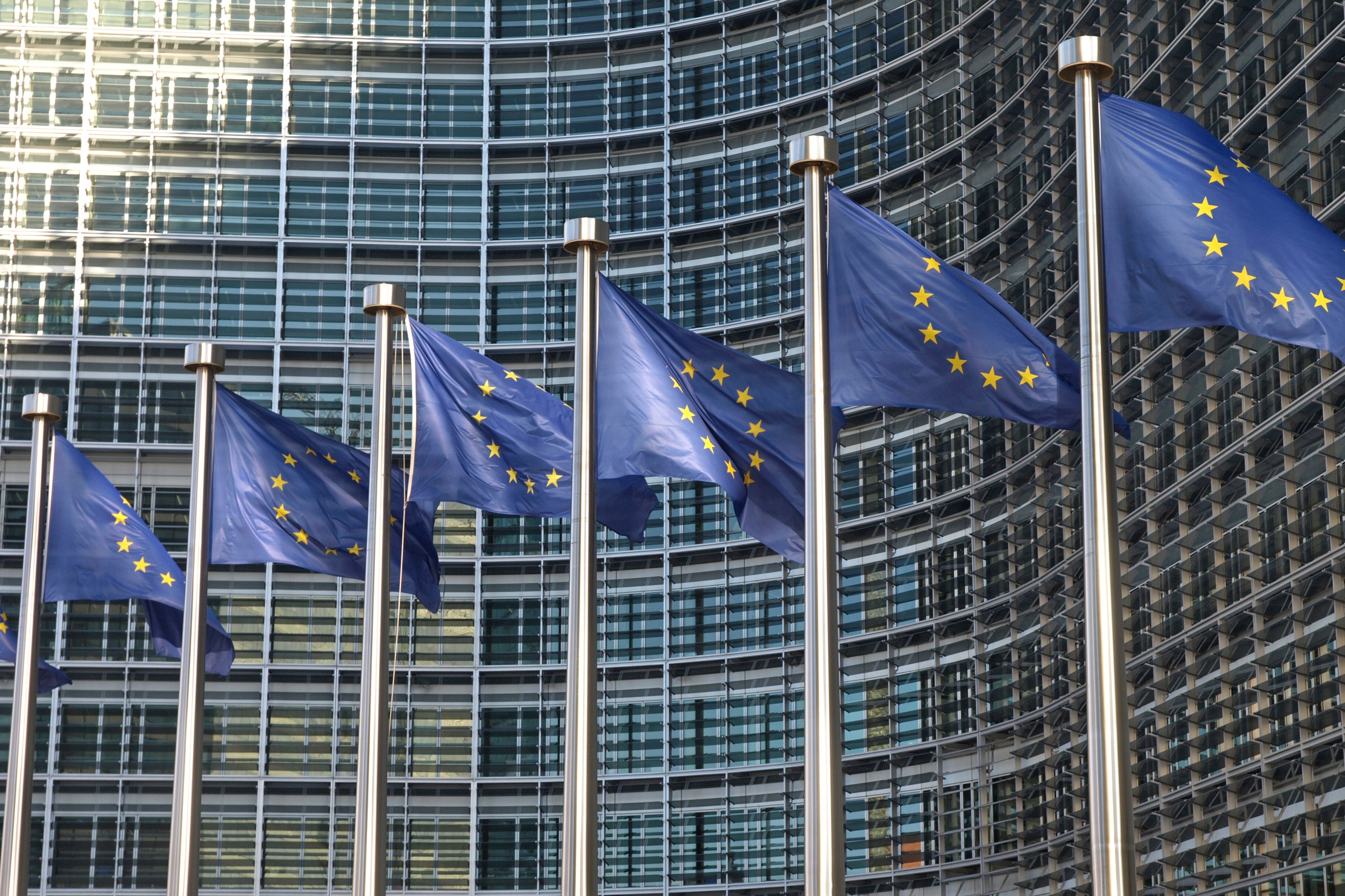Google's improved antitrust concessions win over EU regulators
Search giant's long-running EU antitrust probe could soon be drawing to a close.

Google's ongoing antitrust spat with EU regulators could be moving closer to a resolution, after the search giant impressed them with its latest round of assurances.
The company has been at the centre of a three-year EU investigation over the way it displays its search results, after competitors complained their services were being unfairly ranked in unpaid and sponsored search results.
While competition online is thriving, we've made the difficult decision to agree to their requirements in the interests of reaching a settlement.
Google has a also been accused of using original content from third-party websites for its own web search services without consent, and placing conditions on publishers stopping them from displaying search adverts from competitors on their websites.
In a speech today, EU competition chief Joaqun Almunia said these business practises are all "liable to harm consumers" because they reduce the range of services on offer to them.
Google was ordered by EU regulators back in July to revise the proposals it put forward to overcome these concerns, after they were deemed "insufficient" by Brussels.
Almunia confirmed the concessions Google has made since then are an improvement on what it proposed before, making a settlement far more likely.
"Following the first market test, I had serious doubts whether it was possible to continue the route towards a Commitment decision. I expressed my opinion to Google and in public," he said.
Get the ITPro daily newsletter
Sign up today and you will receive a free copy of our Future Focus 2025 report - the leading guidance on AI, cybersecurity and other IT challenges as per 700+ senior executives
"Now, with the significant improvements on the table, I think we can have the possibility to work again and seek to find an effective solution based on a decision under Article 9 of the Antitrust Regulation."
Google's improved offer has seen it pledge to give greater prominence to mandatory links to rival services, with more space given over to logos and information about their offerings.
"In my opinion, the new proposal makes links significantly more visible. A larger space of the Google search result page is dedicated to them," he said.
"Rivals have the possibility to display their logo next to the link, and there will be a dynamic text associated to each rival link to better inform the user of its content."
Google has also proposed introducing an auction mechanism that allows organisations to bid for specific search queries, and plans to make it easier for third parties to opt out of the company using its material without consent.
It has also agreed for an independent monitoring trustee to be put in place who will assist the commission in ensuring Google follows through on its promises.
"As a next step, I will seek feedback on the improved commitments proposal from complainants and other relevant market participants," he said.
"To that end, we will send information requests, on the basis of the EU Antitrust Regulation 1/2003, on the improvements that are being proposed.
"We know the general positions of the complainants and other stakeholders. What we need now is to receive concrete technical elements on the effectiveness of the proposed package in order to conclude whether this new proposal is satisfactory from a competition point of view," he added.
Almunia closed his remarks by saying the settlement route remains his preferred way of resolving the Google dispute, and if that a final decision on the case could be made by next Spring.
"European users want undistorted competition and choice in online search and search advertising," he added.
"They want it now and, if possible, deserve it now, and not after many years of litigation."
Kent Walker, Google's general counsel, said in a statement to the Financial Times: "While competition online is thriving, we've made the difficult decision to agree to their requirements in the interests of reaching a settlement."
-
 Cleo attack victim list grows as Hertz confirms customer data stolen
Cleo attack victim list grows as Hertz confirms customer data stolenNews Hertz has confirmed it suffered a data breach as a result of the Cleo zero-day vulnerability in late 2024, with the car rental giant warning that customer data was stolen.
By Ross Kelly
-
 Lateral moves in tech: Why leaders should support employee mobility
Lateral moves in tech: Why leaders should support employee mobilityIn-depth Encouraging staff to switch roles can have long-term benefits for skills in the tech sector
By Keri Allan